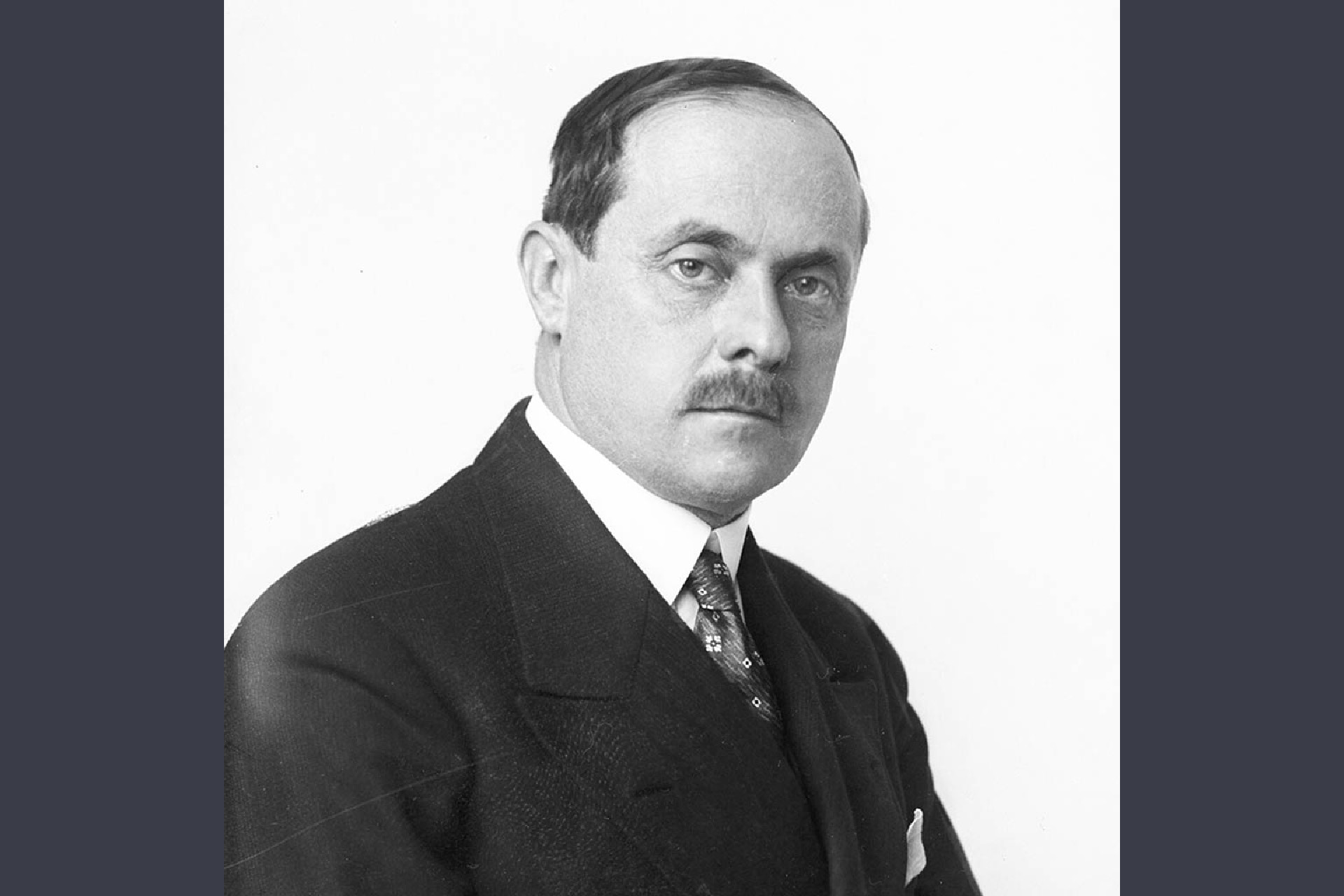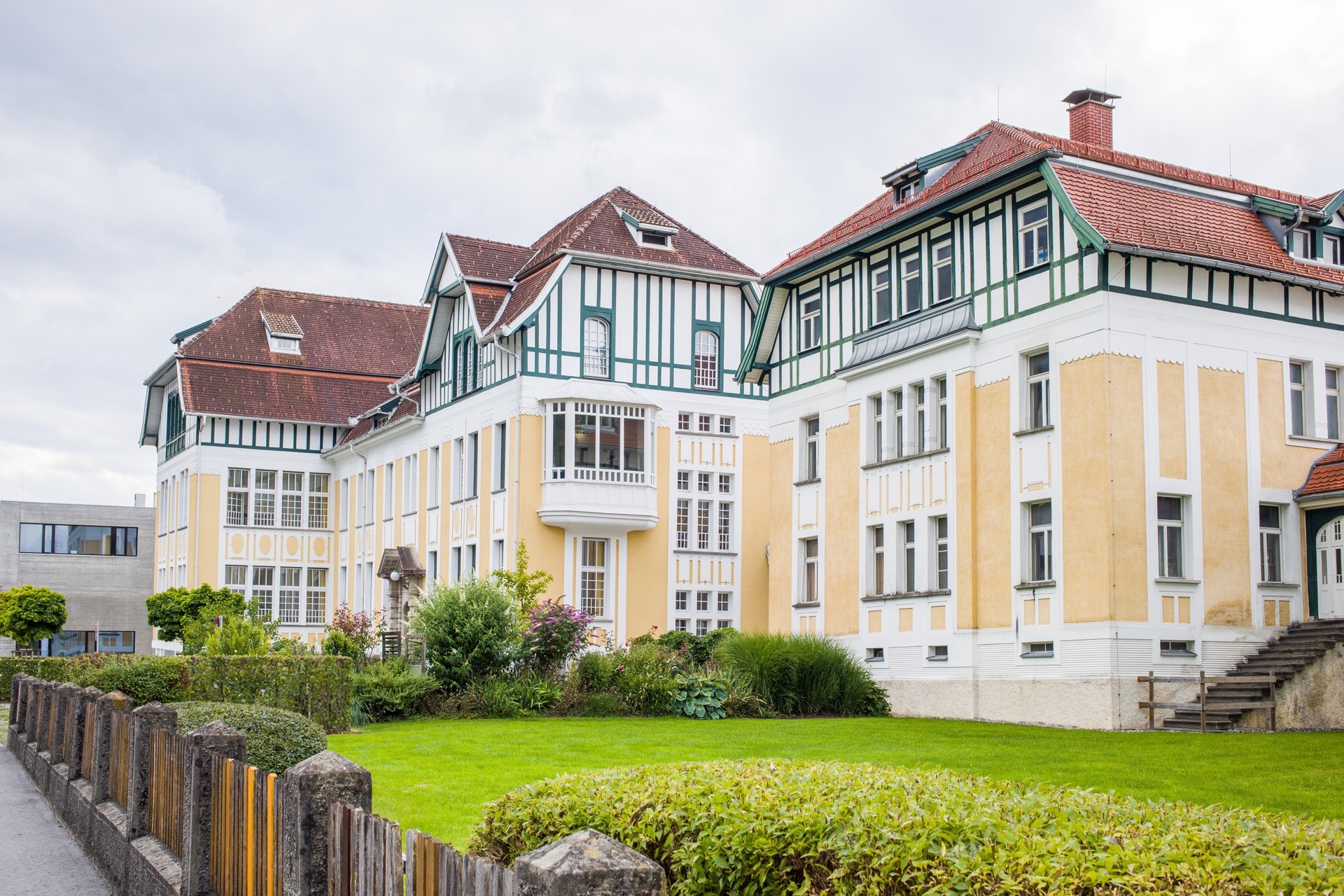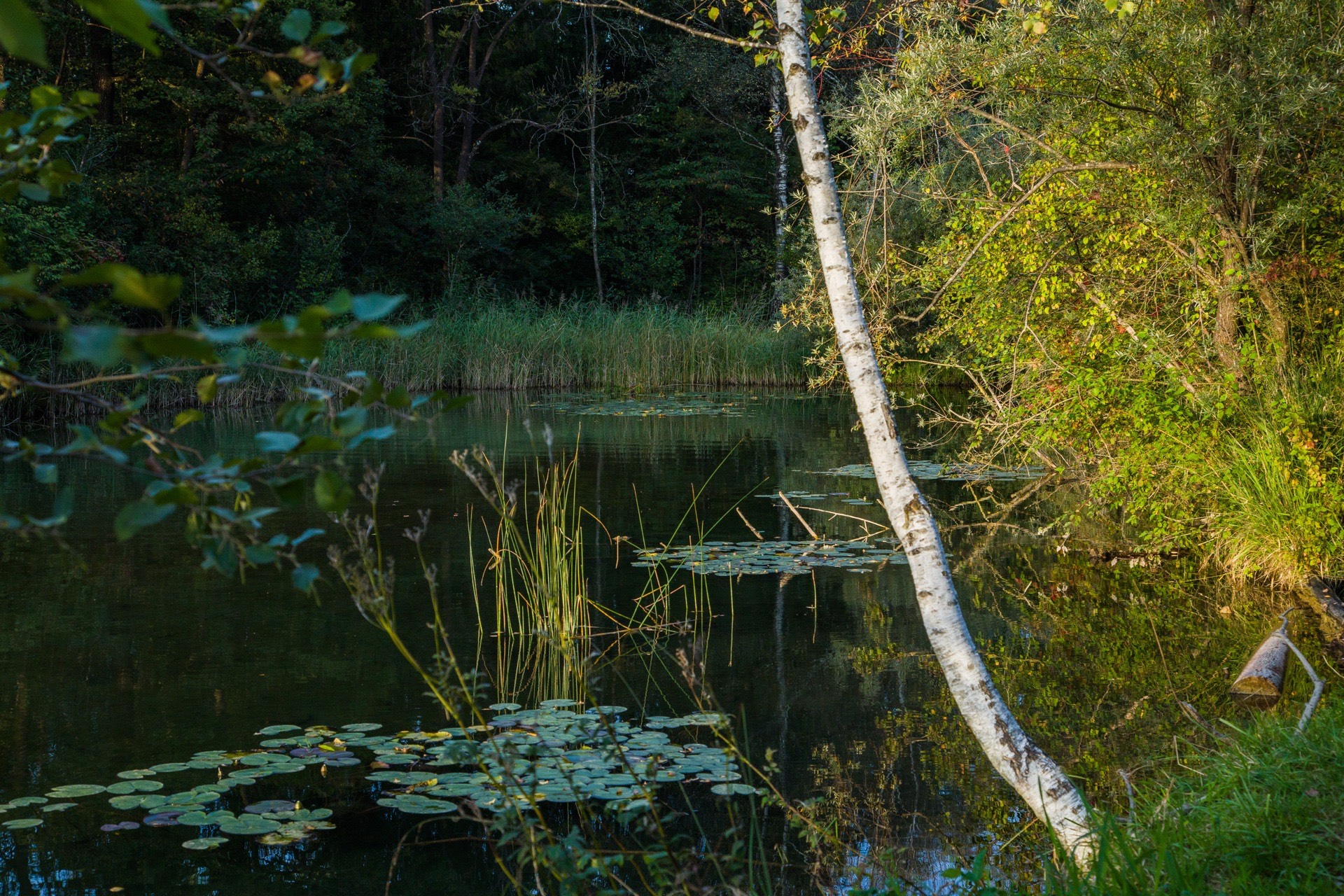Oskar Trebitsch> June 1938
27 Oskar Trebitsch
A night in a bathtub in the Hohenems hospital. The lawyer Oskar Trebitsch and his helpers
Hohenems, June 1938
As an active Social Democrat, the lawyer Oskar Trebitsch was arrested by the Gestapo after the National Socialist seizure of power in Austria. Before 1938, the student and friend of Hans Kelsen had published on the crisis of democratic socialism, on law and class society, but also on the so-called “Jewish question.” As a lawyer he practiced at Praterstrasse 22.
On June 8, 1938, the Gestapo in Vienna released him. Apparently, it was assumed that the terror would not fail to have its effect and that Trebitsch would emigrate. And indeed, Trebitsch succeeded in an adventurous escape to Switzerland and from there via Palestine to Australia. He lived there until his death in 1958.[1]
Two years earlier, in 1956, Trebitsch wrote from Sydney to the newly founded Relief Fund for the Politically Persecuted in Vienna:
“Through university professor Dr. Hatschek in Vienna VIII I received information about an illegal border crossing point in Lustenau, Vorarlberg and went there. When I reported there in the evening of June 11, 1938 to the person of trust named to me, I learned that the affair had been busted. On advice, I went to the hospital in Hohenems, where the senior physician let me spend the night in a bathtub.”
The highly respected senior physician and director of the Hohenems hospital, Artur Neudörfer, was himself considered to be of “Jewish descent” and was removed from his post in 1938. In a less exposed position, however, he remained active during the war in the Hohenems hospital, which he himself had built up. Trebitsch could apparently count on his help.
“As I was leaving early via his apartment, the chaplain Jakob Fussenegger of Hohenems came in ’by chance.’ When my name was mentioned to him [...] this young priest first put me up with a farmer Gottfried Fussenegger in Reutte near Hohenems, where I was hidden in the barn for 14 days while the chaplain in vain tried to find a way across the border into Switzerland for me. When all attempts at an illegal arrangement failed through 14 days, I had to decide to swim unnoticed from the swimming school in Hohenems across the shallow ’old Rhine’ to Switzerland, despite my 52 years. A pair of bathing trunks was all I took with me from my grateful fatherland. Although I had nothing but an expired Austrian passport, I was granted political asylum by the Bern government through the mediation of Prof. Hans Kelsen, then at the University of Geneva, my former teacher and friend. From Switzerland, after the usual adventures and stopovers, I went to Australia.”[2]
In Sydney, nothing was made easy for the lawyer. After years of unemployment, Trebitsch eventually worked as an accountant. And wrote resigned letters to the editor of the Sydney Morning Herald – about Australia's treatment of refugees. “Australians should really start to face the realities of the vital immigration problem. There is only one alternative before them: Australia will be a melting pot or an empty pot.”[3]
In Hohenems, on the other hand, his story became a legend, which was still told about the “Wanderer” in the Reutte for a long time.
Recommended reading:
Alfons Dür, „Kaplan Fußenegger trifft ‚Dr. Wanderer‘ – Die Flucht des Wiener Anwalts DDr. Oskar Trebitsch in die Schweiz“, in: Montfort. Zeitschrift für Geschichte Vorarlbergs, 73rd Jg. 2021, Vol. 1, pp. 73-88.
[1] Barbara Sauer and Ilse Reiter-Zatloukal, Advokaten 1938. Das Schicksal der in den Jahren 1938 bis 1945 verfolgten österreichischen Rechtsanwältinnen und Rechtsanwälte. Ed. by Verein zur Erforschung der anwaltlichen Berufsgeschichte der zwischen 1938 und 1945 diskreditierten Mitglieder der österreichischen Rechtsanwaltskammern. Vienna 2010, pp. 346-347.
[3] Oskar Trebitsch, „Immigrants From Europe. Asset To Australia”, in: Sydney Morning Herald, 29.10.1946.
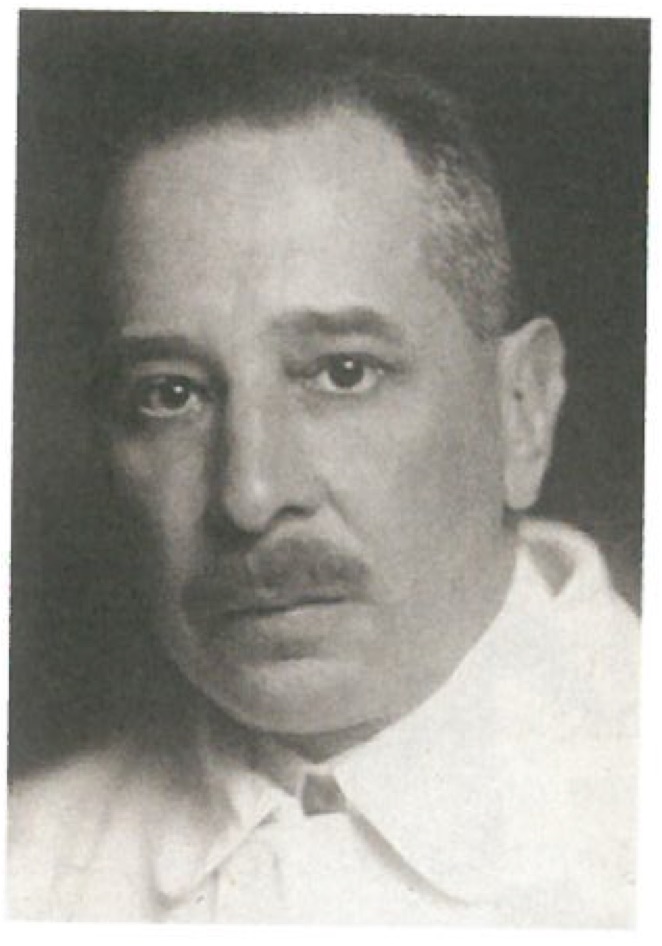

Arthur Neudörfer Jakob Fussenegger
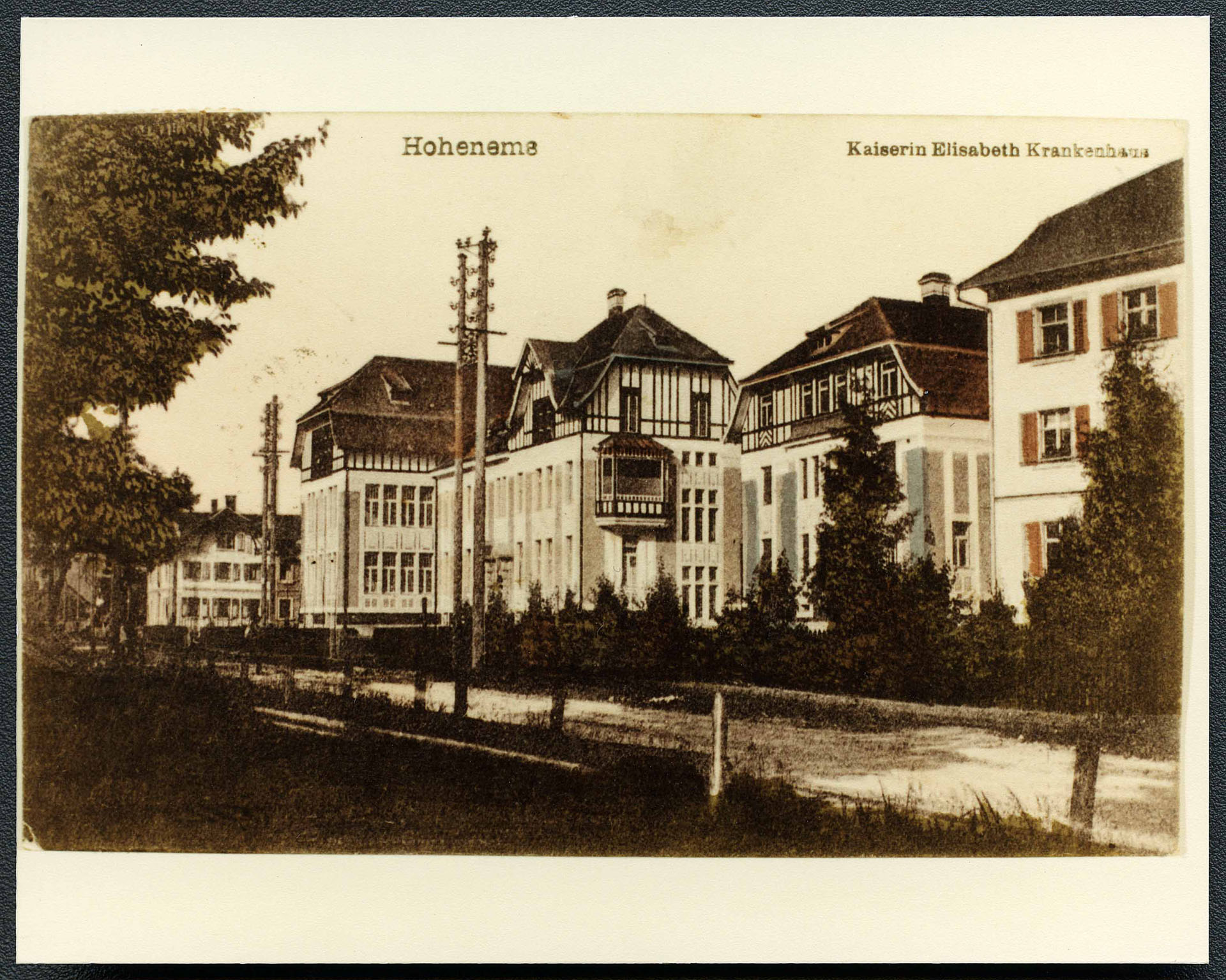 Hohenems hospital, 1939
Hohenems hospital, 1939
Archive of the Jewish Museum Hohenems
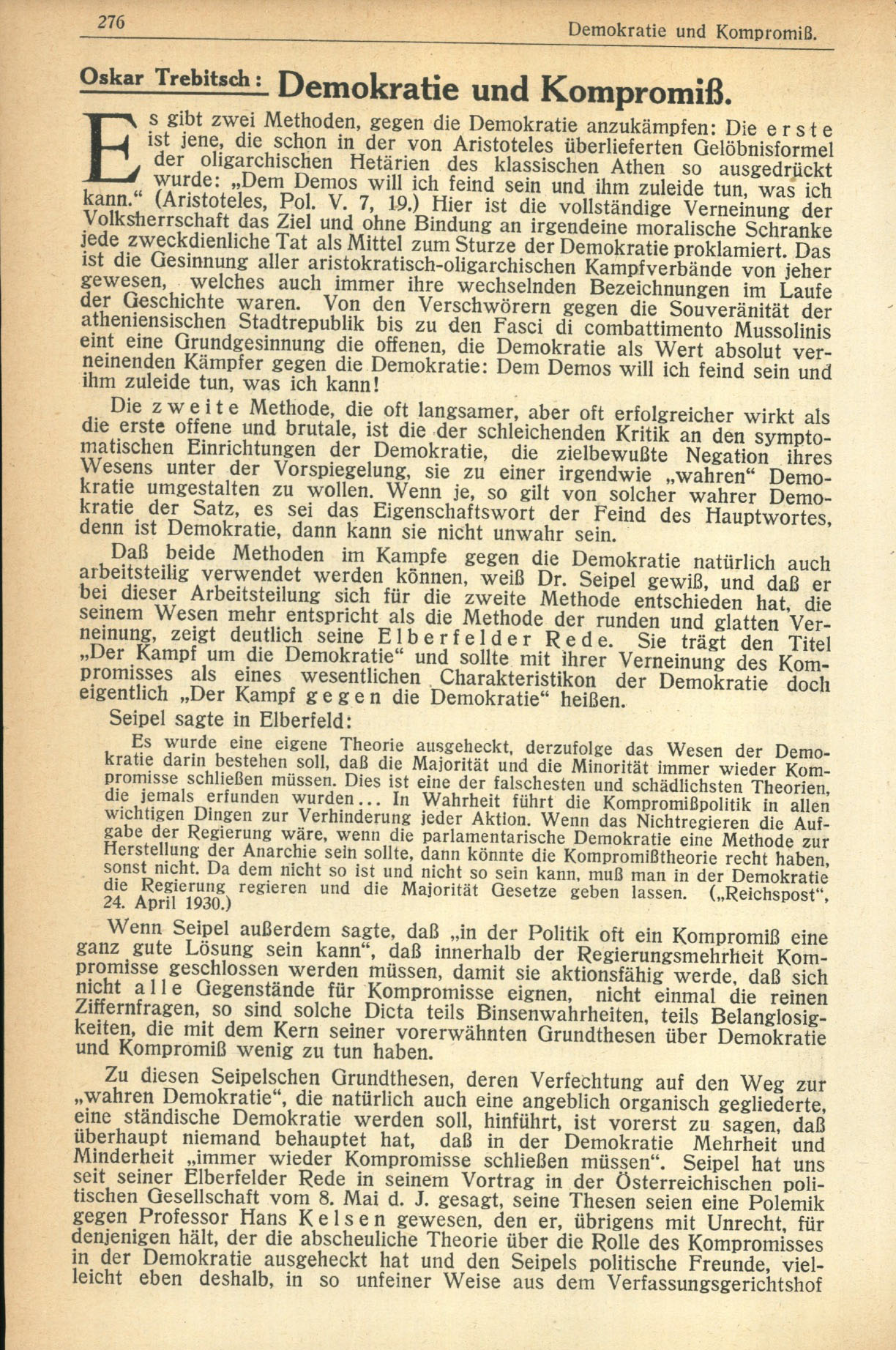 Essay by Oskar Trebitsch: Democracy and Compromise
Essay by Oskar Trebitsch: Democracy and Compromise
Der Kampf. Sozialdemokarische Monatsschrift, 23, H. 6/7, 1930
27 Oskar Trebitsch
A night in a bathtub in the Hohenems hospital. The lawyer Oskar Trebitsch and his helpers
Hohenems, June 1938
As an active Social Democrat, the lawyer Oskar Trebitsch was arrested by the Gestapo after the National Socialist seizure of power in Austria. Before 1938, the student and friend of Hans Kelsen had published on the crisis of democratic socialism, on law and class society, but also on the so-called “Jewish question.” As a lawyer he practiced at Praterstrasse 22.
On June 8, 1938, the Gestapo in Vienna released him. Apparently, it was assumed that the terror would not fail to have its effect and that Trebitsch would emigrate. And indeed, Trebitsch succeeded in an adventurous escape to Switzerland and from there via Palestine to Australia. He lived there until his death in 1958.[1]
Two years earlier, in 1956, Trebitsch wrote from Sydney to the newly founded Relief Fund for the Politically Persecuted in Vienna:
“Through university professor Dr. Hatschek in Vienna VIII I received information about an illegal border crossing point in Lustenau, Vorarlberg and went there. When I reported there in the evening of June 11, 1938 to the person of trust named to me, I learned that the affair had been busted. On advice, I went to the hospital in Hohenems, where the senior physician let me spend the night in a bathtub.”
The highly respected senior physician and director of the Hohenems hospital, Artur Neudörfer, was himself considered to be of “Jewish descent” and was removed from his post in 1938. In a less exposed position, however, he remained active during the war in the Hohenems hospital, which he himself had built up. Trebitsch could apparently count on his help.
“As I was leaving early via his apartment, the chaplain Jakob Fussenegger of Hohenems came in ’by chance.’ When my name was mentioned to him [...] this young priest first put me up with a farmer Gottfried Fussenegger in Reutte near Hohenems, where I was hidden in the barn for 14 days while the chaplain in vain tried to find a way across the border into Switzerland for me. When all attempts at an illegal arrangement failed through 14 days, I had to decide to swim unnoticed from the swimming school in Hohenems across the shallow ’old Rhine’ to Switzerland, despite my 52 years. A pair of bathing trunks was all I took with me from my grateful fatherland. Although I had nothing but an expired Austrian passport, I was granted political asylum by the Bern government through the mediation of Prof. Hans Kelsen, then at the University of Geneva, my former teacher and friend. From Switzerland, after the usual adventures and stopovers, I went to Australia.”[2]
In Sydney, nothing was made easy for the lawyer. After years of unemployment, Trebitsch eventually worked as an accountant. And wrote resigned letters to the editor of the Sydney Morning Herald – about Australia's treatment of refugees. “Australians should really start to face the realities of the vital immigration problem. There is only one alternative before them: Australia will be a melting pot or an empty pot.”[3]
In Hohenems, on the other hand, his story became a legend, which was still told about the “Wanderer” in the Reutte for a long time.
Recommended reading:
Alfons Dür, „Kaplan Fußenegger trifft ‚Dr. Wanderer‘ – Die Flucht des Wiener Anwalts DDr. Oskar Trebitsch in die Schweiz“, in: Montfort. Zeitschrift für Geschichte Vorarlbergs, 73rd Jg. 2021, Vol. 1, pp. 73-88.
[1] Barbara Sauer and Ilse Reiter-Zatloukal, Advokaten 1938. Das Schicksal der in den Jahren 1938 bis 1945 verfolgten österreichischen Rechtsanwältinnen und Rechtsanwälte. Ed. by Verein zur Erforschung der anwaltlichen Berufsgeschichte der zwischen 1938 und 1945 diskreditierten Mitglieder der österreichischen Rechtsanwaltskammern. Vienna 2010, pp. 346-347.
[3] Oskar Trebitsch, „Immigrants From Europe. Asset To Australia”, in: Sydney Morning Herald, 29.10.1946.


Arthur Neudörfer Jakob Fussenegger
 Hohenems hospital, 1939
Hohenems hospital, 1939
Archive of the Jewish Museum Hohenems
 Essay by Oskar Trebitsch: Democracy and Compromise
Essay by Oskar Trebitsch: Democracy and Compromise
Der Kampf. Sozialdemokarische Monatsschrift, 23, H. 6/7, 1930

